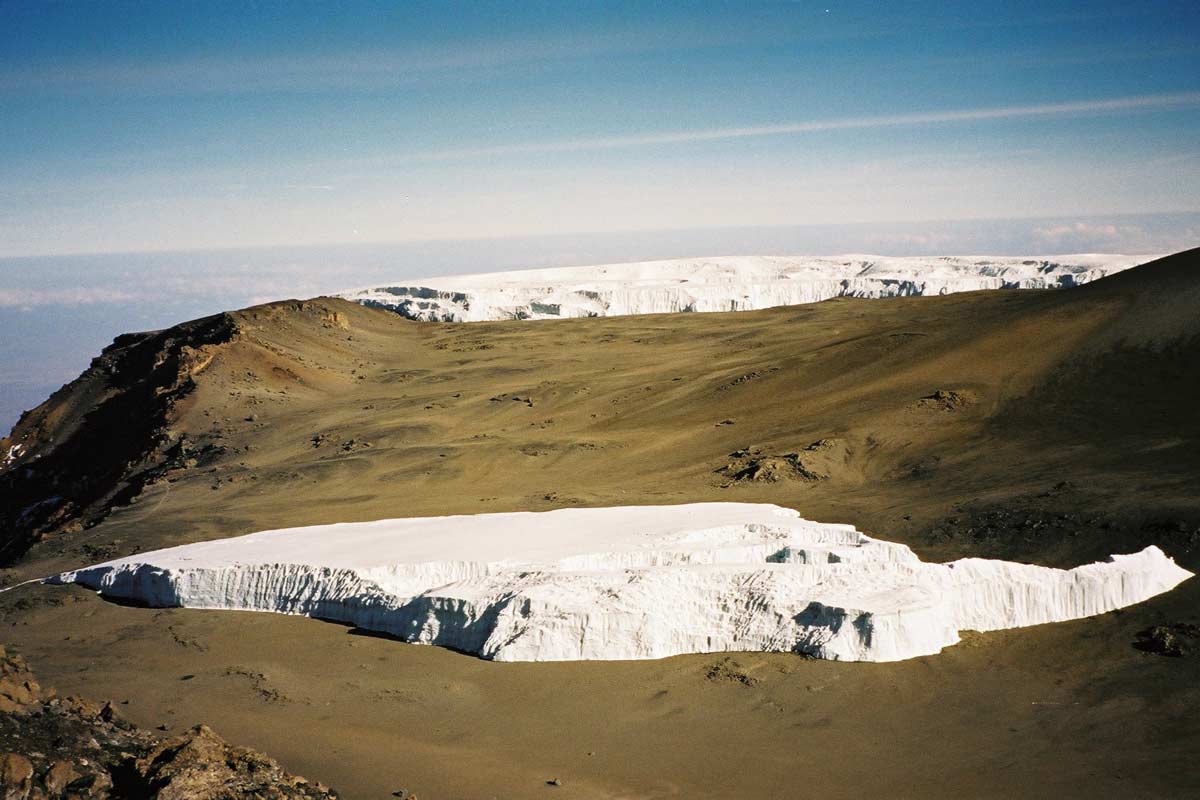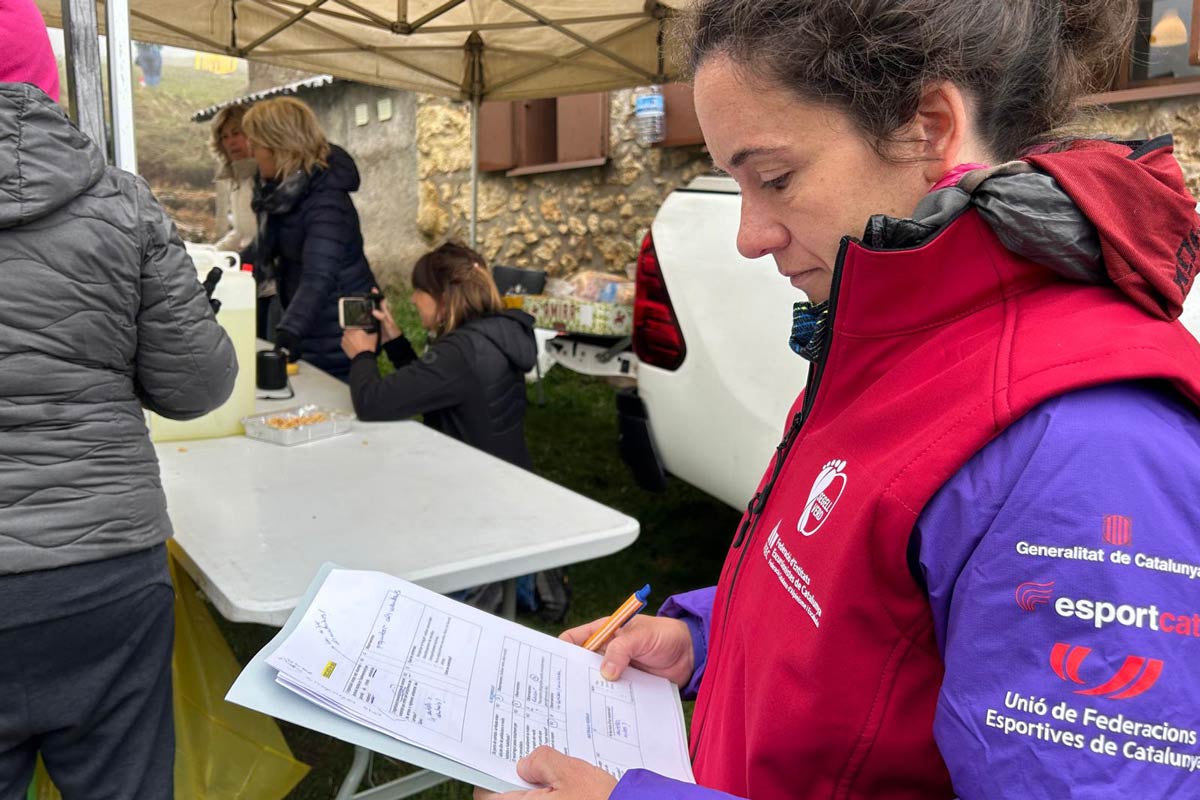The UIAA Mountain Protection Commission has praised the efforts of the members of the Eco Everest Expedition 2009 for highlighting environmentally friendly practices in mountaineering.
For the second year in a row, the expedition – lead by Dawa Steven Sherpa – displayed eco-sensitive, cost-effective ways of climbing the mountain last month. The team’s aim was also to raise awareness of the threat global warming poses to the Himalayas.
Linda McMillan, president of the UIAA Mountain Protection Commission, congratulated the team, saying their “hard work and eco-sensitive planning have again shown the world that Sherpas are world leaders in developing innovative and practical best practices for mountaineering expeditions”. She praised their “waste management systems, rubbish removal and disposal, solar technologies for producing hot water, base camp education outreach, and the inclusion of indigenous sacred traditions”.
The expedition members succeeded in carrying over 6,000kg of rubbish from the ice fields of Everest back to base camp. They also recovered part of a crashed helicopter, which went down at Camp 1 in 1973. This effort is part of an initiative to rid the slopes of Everest of the waste – including empty oxygen tanks – left behind by other climbers.
Apa Sherpa, the climbing leader of the Eco Everest Expedition 2009, set a world record by reaching the summit for the 19th time. He carried a World Wildlife Fund banner, with the slogan ‘Stop Climate Change – Let the Himalayas Live’ to the summit.
Following the success of the first expedition last year, the UIAA nominated Dawa Steven Sherpa for the Environmental Award of the International Olympic Committee. The prize recognises and encourages the implementation of good environmental practices in the field of sport.
More details of the work done by Dawa Steven Sherpa and his Eco Everest team can be found here.


